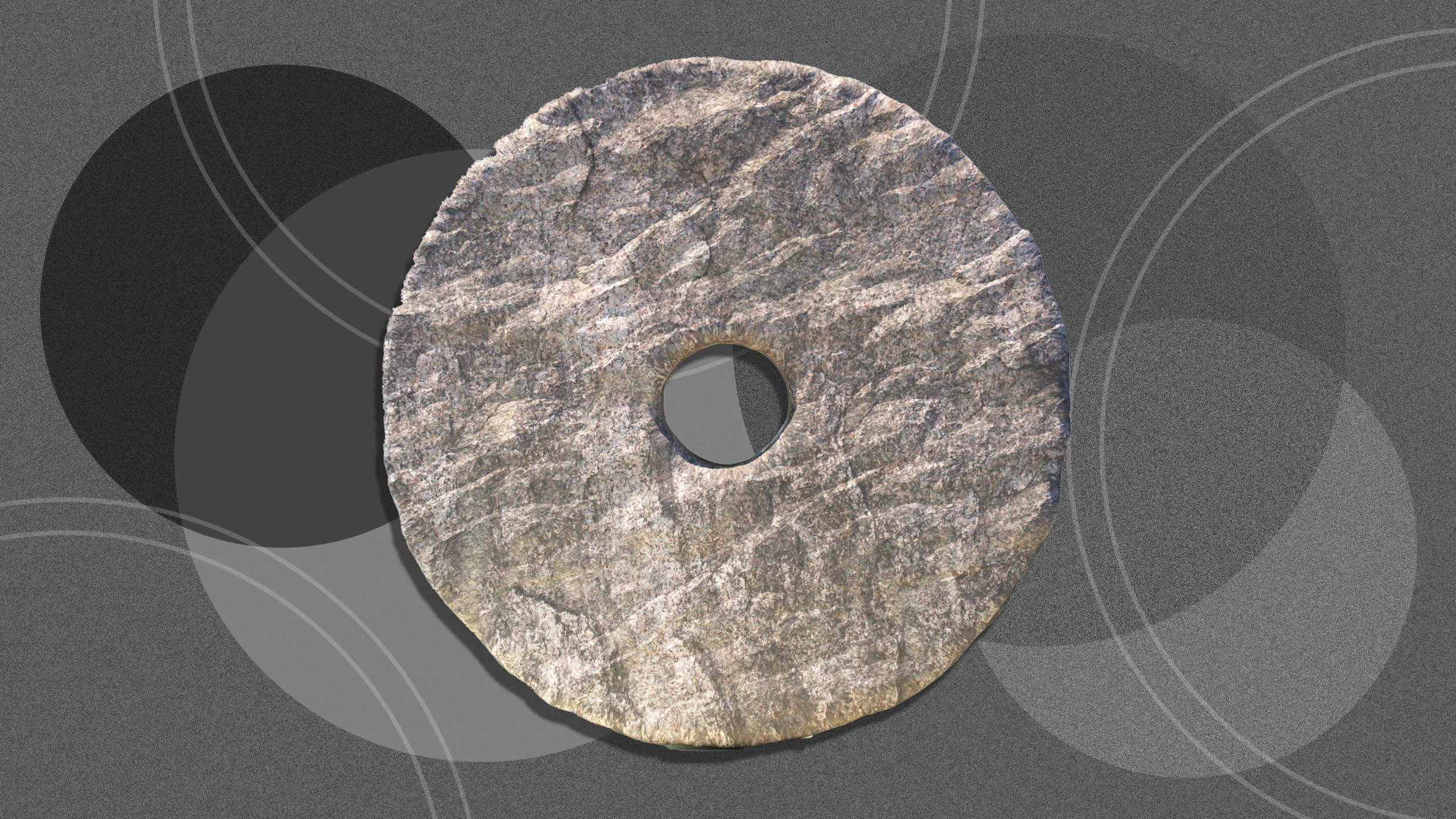
"The wheel, a monumental invention, likely originated in the Carpathian Mountains by miners using innovative transport methods, profoundly impacting human progress and labor."
"The discovery of 150 clay wagons suggests early wheeled transport in southeastern Europe, leading us to reconsider the timeline of technological advances in ancient societies."
"This theory compels us to question how an ostensibly primitive society could create the wheel when more advanced cultures failed to do so at that time."
"Prior assumptions that wheels evolved from wooden rollers are now being challenged, igniting debate about the true origins of this revolutionary technology."
In 3900 BCE, a copper miner in southeastern Europe witnesses a colleague using an innovative device to transport heavy loads, hinting at the invention of the wheel. This theory, based on archaeological findings in the Carpathian Mountains, suggests that miners developed this technology long before advanced civilizations like the Egyptians. Over 150 miniature clay wagons found in the region support this idea, challenging previous beliefs about the wheel's origin and raising questions about technological evolution in ancient societies.
#invention-of-the-wheel #copper-mining #ancient-technology #archaeological-discoveries #human-history
Read at Fast Company
Unable to calculate read time
Collection
[
|
...
]